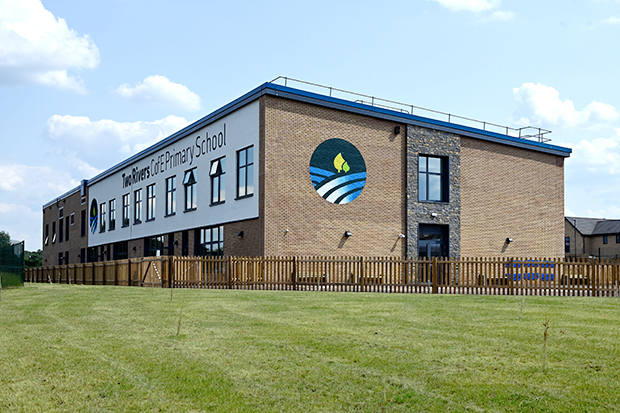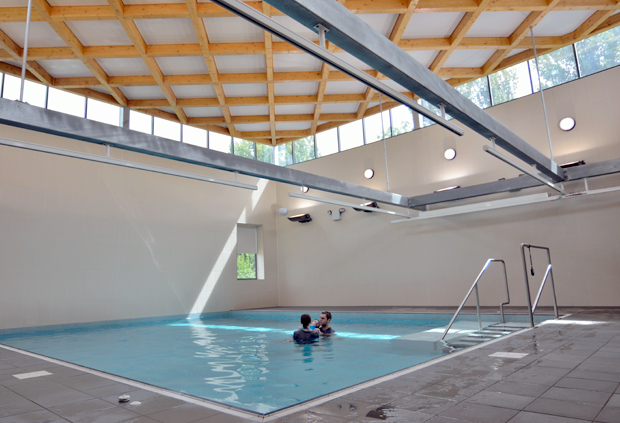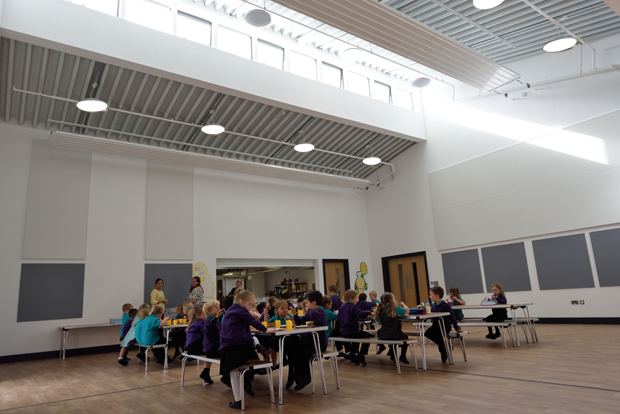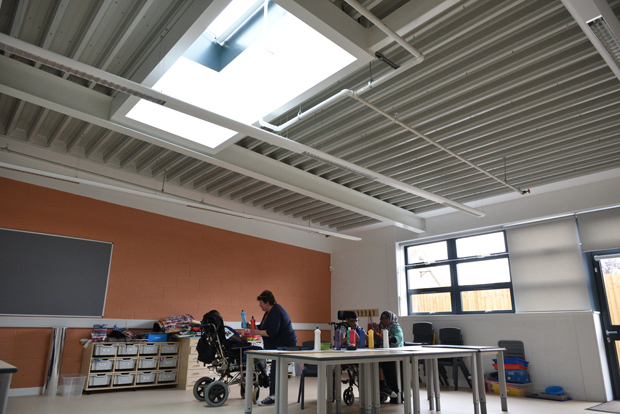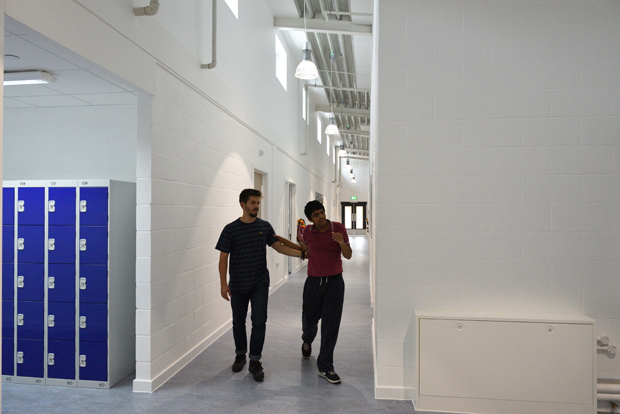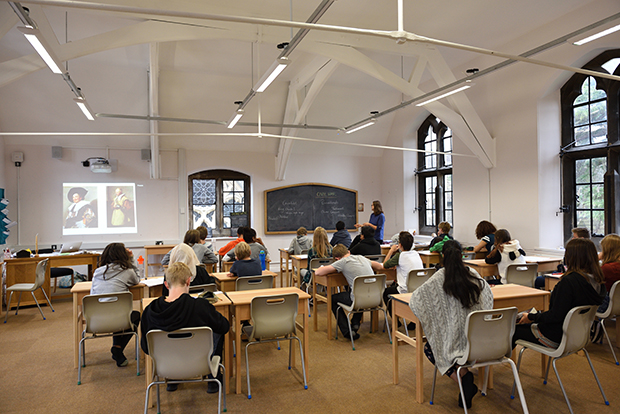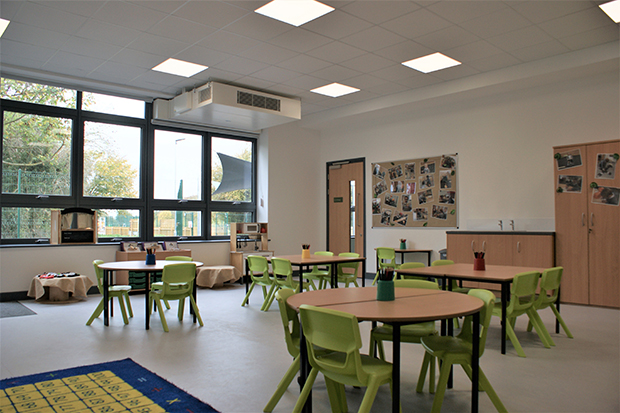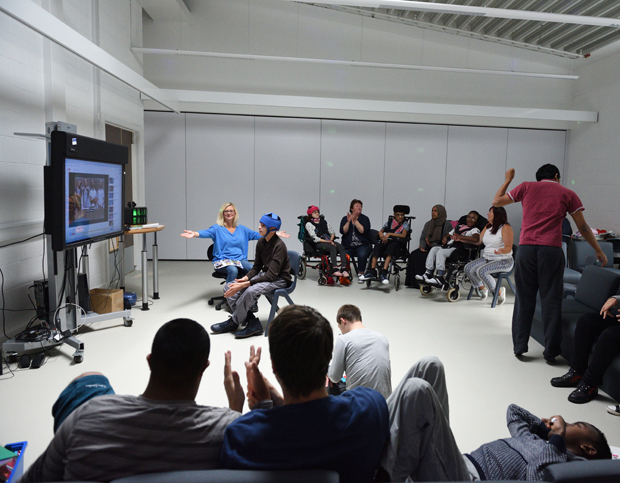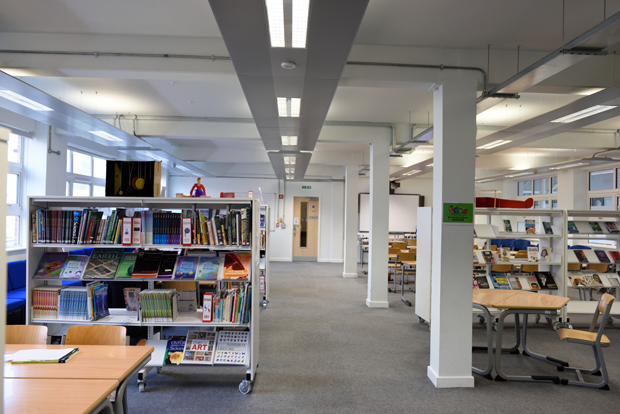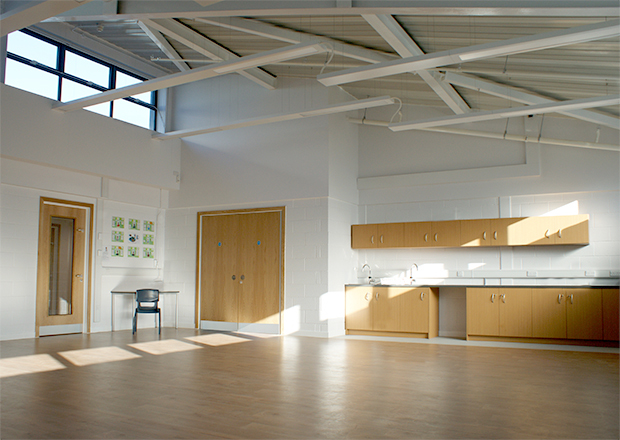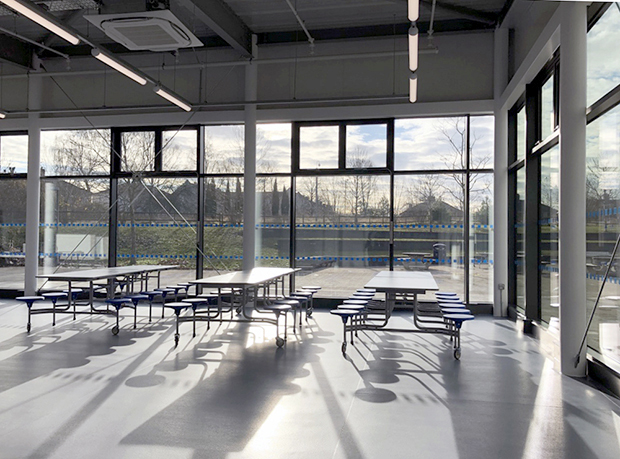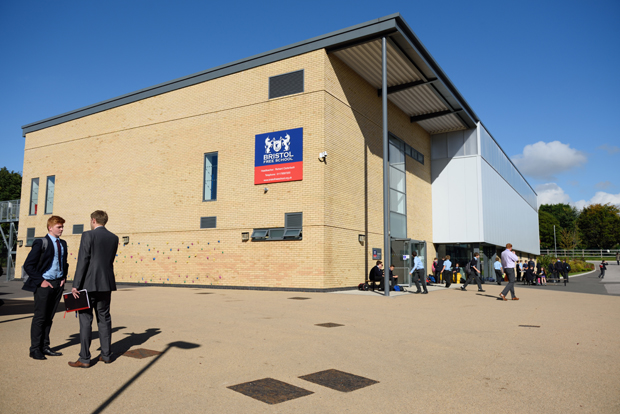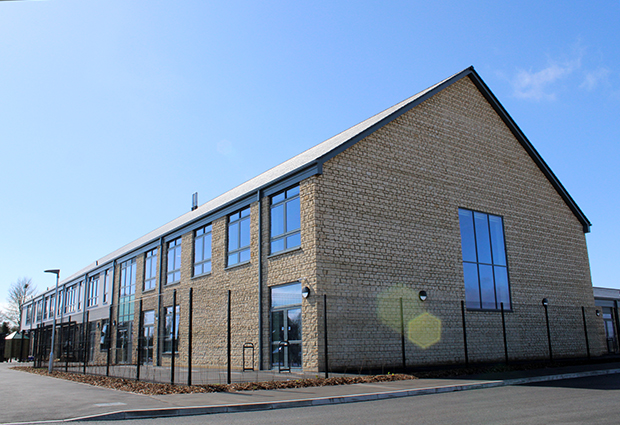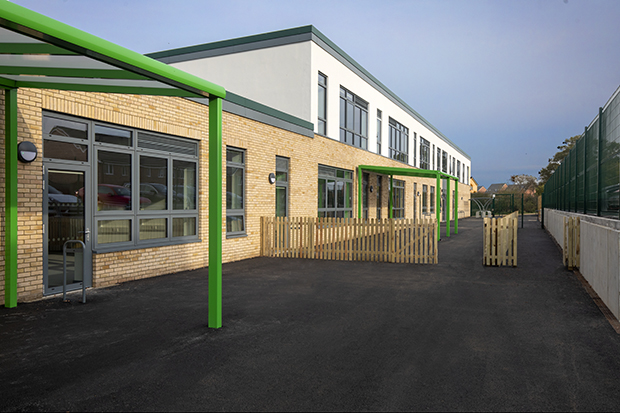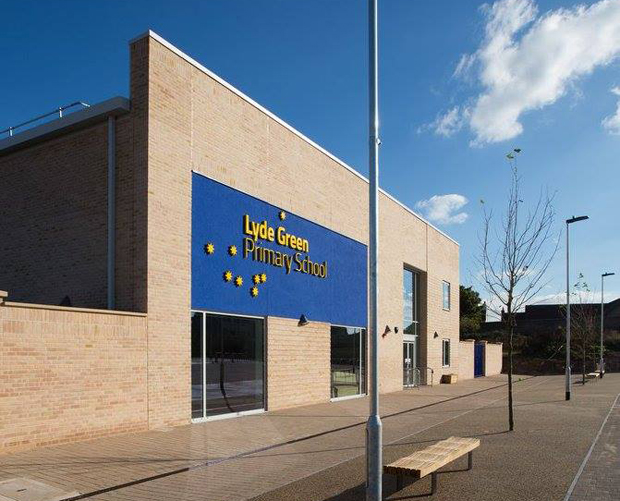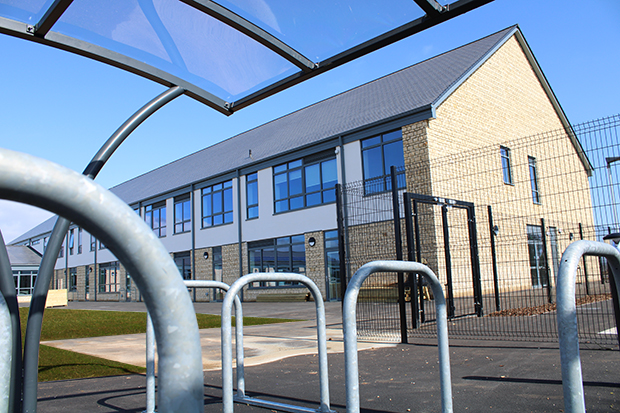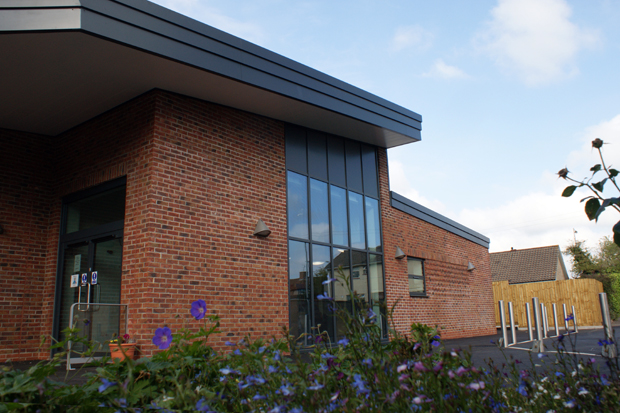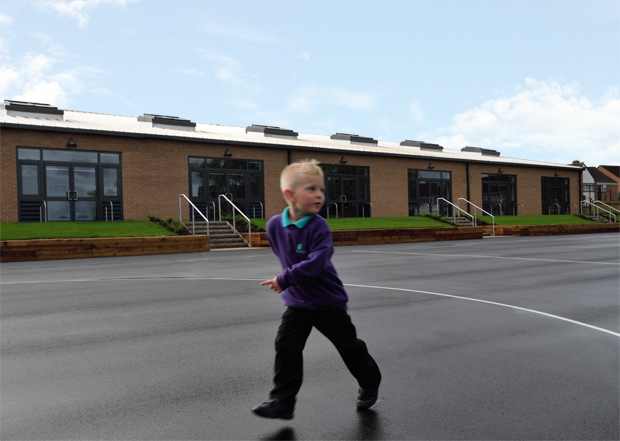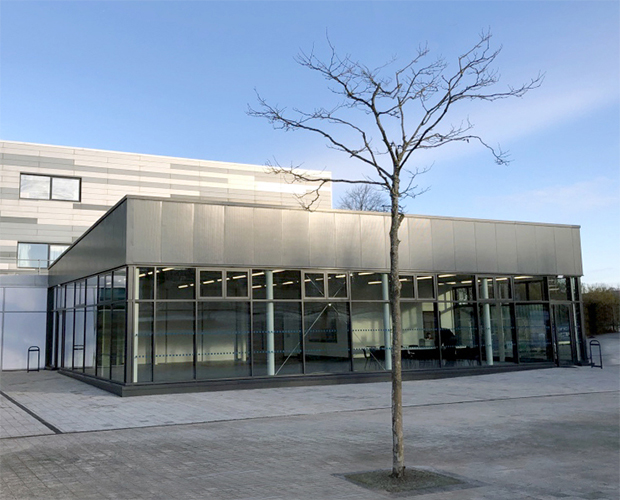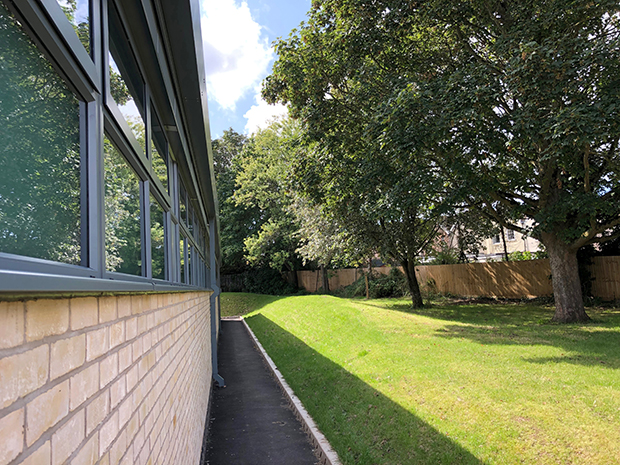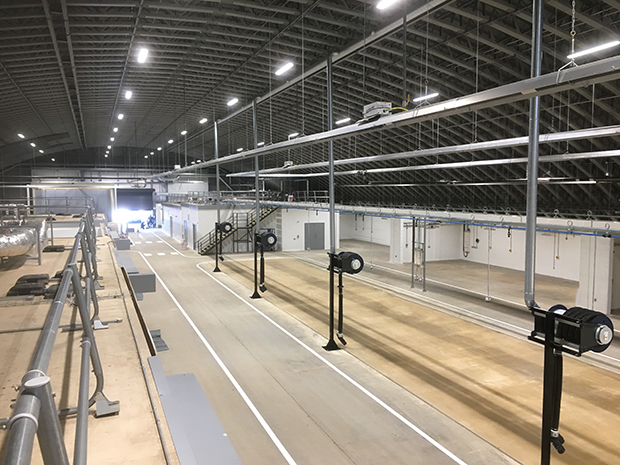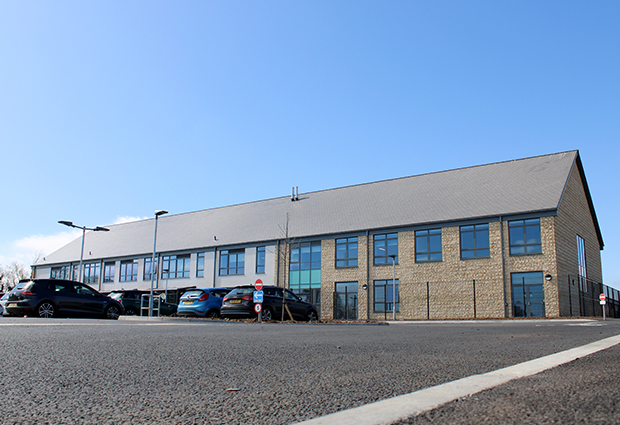Established in 2010, Hatcher Prichard Architects is a commercial architects’ practice, led from the front by its founding director, Simon Hatcher. Chartered by the Royal Institute of British Architects, the practice has a strong sustainability ethos and is driven by a passion to tackle the climate and biodiversity emergency and achieve net zero carbon for the buildings it designs.
Showcasing what it can offer, Hatcher Prichard Architects is proud to have designed a nationally acclaimed Passivhaus Plus school named Two Rivers Primary in Keynsham, Bristol. The school is only the second Passivhaus Plus school in the country and the first to be built using a steel frame with concrete floor slabs and a brickwork external wall.
Specialising in the design of educational buildings, Hatcher Prichard Architects has a burgeoning portfolio of thoughtfully designed school buildings for pupils of all age groups, both mainstream and those from the full spectrum of SEN disabilities.
The design process at the practice is highly inclusive and incorporates contributions from clients, engineers and specialist consultants, including sustainability minded building services engineers alongside Passivhaus and sustainable construction consultants. Sketches, physical models and computer-generated images are produced, as required, to thoroughly test ideas and ensure that the voice of the client is captured so that they receive the design they deserve. The company use Revit, Building Information Modelling, to ensure that each building is robustly detailed before construction starts. These principles are embedded into the growing list of well received buildings it has now handed over.
The practice is primarily employed directly by tier one contractors such as ISG & BAM, themselves panel members on the DfE School Buildings Construction Framework. Its collective client is a collaboration between the department for education alongside an individual education trust, jointly engaged in the procurement of a new school building. The practice never loses sight of the fact that children remain at the heart of every decision that it makes.
In terms of what else sets HPA apart from its competitors, the company has always focused on school design, which has ensured that it is an expert in its field. As a result, it enjoys constant repeat work and is quickly growing a leading reputation within the education sector predominately across the South-West.
Supporting its quality-led approach, all members of the workforce require constant training to ensure that every aspect of design including orientation, detailing and energy use achieve ever increasing sustainability goals and carbon zero targets. HPA is now aiming to produce ever more efficient, carbon zero school buildings that fulfil the needs of the children that learn in them in the months and years ahead.
The company feels strongly that the world is facing a climate and biodiversity emergency, of which buildings and the construction industry are responsible for around 40% of the world’s energy-related carbon emissions. Reacting to climate change has led to buildings that generate energy whilst reducing its use both in construction and in occupation. Along with the entire construction industry, HPA believes that architects must aim to improve the built environment and create truly sustainable buildings. It therefore strives to provide responsive and innovative solutions that generate long-term environmental value for each client.
